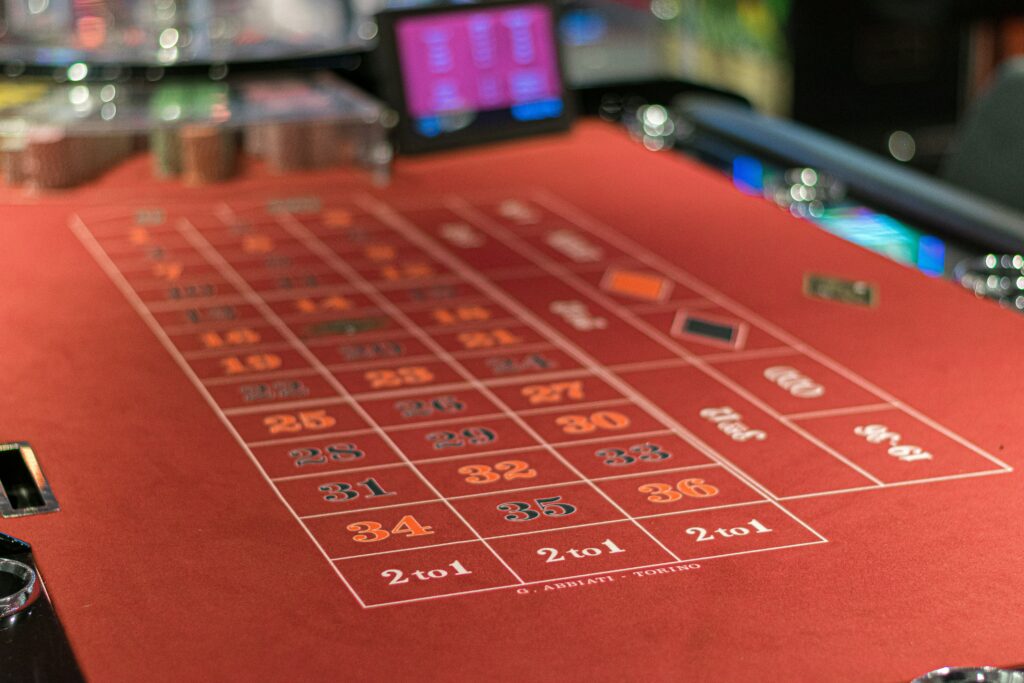Understanding the Basics of Poker
Before diving into advanced strategies, knowing the fundamentals is crucial for any poker player.
The Role of Psychology in Poker
Psychology greatly influences poker success. Professional players gain an edge by understanding and exploiting psychological factors.
Reading opponents isn’t just about observing physical tells; it involves recognizing patterns in betting behavior and emotional responses. Knowing when an opponent is bluffing or genuinely confident can significantly impact decision-making.
Developing emotional control is also vital, as staying calm under pressure helps in making rational decisions and avoiding tilt, which can lead to costly mistakes.
Essential Poker Rules and Hand Rankings
Understanding poker rules and hand rankings is foundational. Different poker variants like Texas Hold’em, Omaha, and Seven-Card Stud have specific rules but share common hand rankings.
The hand rankings from highest to lowest are:
- Royal Flush
- Straight Flush
- Four of a Kind
- Full House
- Flush
- Straight
- Three of a Kind
- Two Pair
- One Pair
- High Card
In Texas Hold’em, players receive two private cards and use five community cards to make the best hand. Omaha gives players four private cards, requiring them to use exactly two of those and three community cards.
Adhering to these rules and knowing the hand rankings ensures a strong foundation for progressing to advanced poker strategies.
Advanced Poker Strategies
Advancing in poker requires mastering multiple strategies. Positional awareness and reading opponents’ behavioral tells are crucial.
Positional Awareness and Its Importance
Positional awareness affects decision-making at the table. Players closer to the dealer button, known as late position, act after others, offering a strategic advantage.
You can gather information from opponents’ actions and adjust your strategy accordingly.
In early positions, you must play more conservatively. Fewer opponents act after you, providing less information. Example: Betting aggressively in early position without a strong hand is riskier than in late position. Recognizing these dynamics can significantly improve your game.
Reading Opponents and Behavioral Tells
Reading opponents enhances your strategic edge. Players often display behavioral tells, subtle physical or verbal cues revealing their hand’s strength.
For example, nervousness like rapid breathing or fidgeting may indicate a weak hand. Conversely, consistent betting patterns often reflect confidence.
Experienced players use these tells to make better decisions. If an opponent suddenly changes their betting behavior, it might signal a strong or weak hand. Adjust your strategy based on these insights.
By honing observational skills, you can interpret opponents’ actions accurately and make more informed betting choices.
Tips from the Pros
Advanced poker strategies often come from the insights of seasoned professionals. Let’s explore their expert tips on bluffing techniques and bankroll management.
Bluffing Techniques from Top Players
Bluffing isn’t just about lying; it’s about controlling the narrative. Experienced players like Phil Ivey excel at this. They consider their position, opponent tendencies, and table image before executing a bluff.
For example, in late position, when others have shown weakness, they might place a strong bet to force folds.
Doyle Brunson, a poker legend, emphasizes timing. He identifies weak players and targets them with bluffs when they seem unsure of their hand.
Mike Caro, another poker expert, recommends mixing bluffing with value betting to create uncertainty. This dual approach keeps opponents guessing about one’s true hand strength.
Bankroll Management Strategies
Bankroll management is crucial for long-term poker success. Phil Hellmuth, a poker pro, suggests maintaining a separate bankroll for poker, ensuring personal finances aren’t at risk.
He advises not to play stakes that exceed 5% of one’s total bankroll.
Daniel Negreanu advocates for a conservative approach. He recommends adjusting stakes based on win and loss patterns. When on a winning streak, one can cautiously move to higher stakes. Conversely, during losing streaks, dropping to lower stakes helps preserve the bankroll.
By leveraging these advanced techniques—both in bluffing and managing bankroll—players enhance their strategic edge, ensuring sustainable success in poker.
Applying Strategies in Different Poker Games

Different poker games require tailored strategies to maximize success. Each variation of poker presents unique challenges and opportunities.
Differences in Strategy for Tournament vs. Cash Games
Tournament play demands a dynamic strategy due to the increasing blinds and the ultimate goal of outlasting opponents. In the early stages of a tournament, I focus on tight play, conserving chips while observing opponents’ tendencies.
As the tournament progresses, my strategy becomes more aggressive, taking calculated risks to accumulate chips. In contrast, cash games allow for more predictable strategies since blinds remain constant.
I tend to play stronger hands and can be more patient, as there’s no pressure to outlast competitors.
Key Differences: Tournament vs. Cash Games
- Blinds Structure: Tournament blinds increase over time, while cash game blinds remain constant.
- Stack Size Management: In tournaments, I calculate stack sizes carefully, whereas in cash games, maintaining a deep stack is less critical.
- Aggression Levels: My aggression increases in tournament mid and late stages but remains balanced in cash games.
Adapting to Online and Live Poker Environments
Adapting to different environments is crucial for long-term success. Online poker requires a strategic shift due to quicker game pace and lack of physical tells.
When playing online, I rely heavily on statistics and tracking software to identify patterns. Multi-tabling also becomes viable online, which necessitates an optimal strategy for managing multiple games simultaneously.
In live poker, the slower pace allows for more in-depth analysis of players’ physical tells and behavior. I place significant emphasis on reading opponents’ body language and betting patterns.
Building rapport and maintaining a strong table presence becomes essential in live settings.
- Game Pace: Online games are faster, so I make quicker decisions; live games allow for more nuanced reads.
- Information Sources: Online, I use tracking tools; live, I observe physical tells.
- Multi-Tabling: Online facilitates multi-tabling, requiring focused mental agility.
Each poker game and environment demands a customized approach to strategy, ensuring I maintain an edge and adapt to shifting dynamics effectively.



